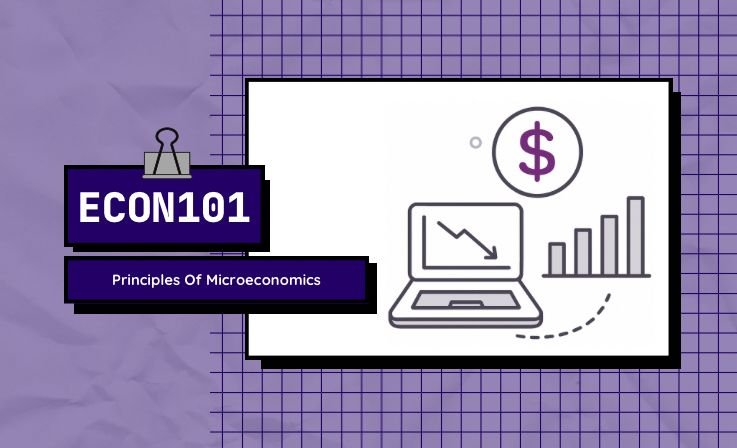
The course explains the basics of microeconomics in a simple way, like how
اشترك الآن
SAR399
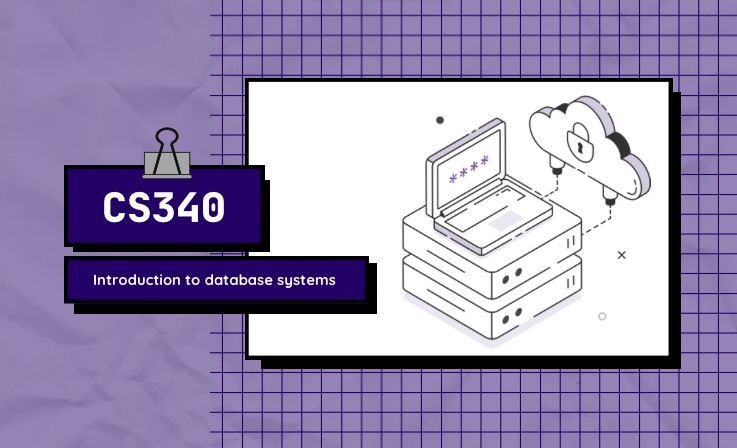
This course introduces the basics of database systems and modeling, focusin
اشترك الآن
SAR399
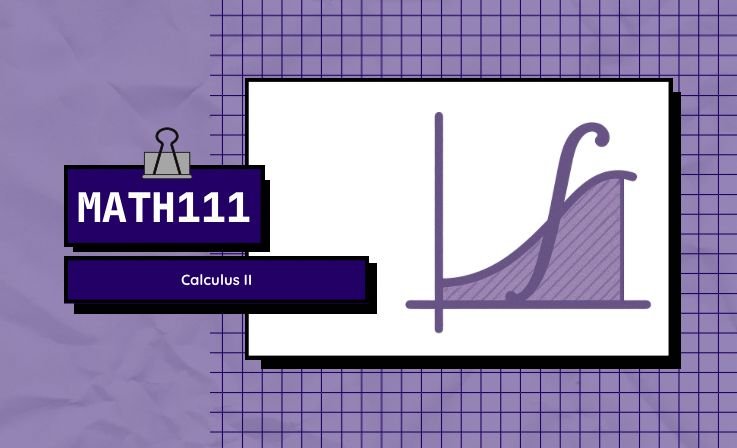
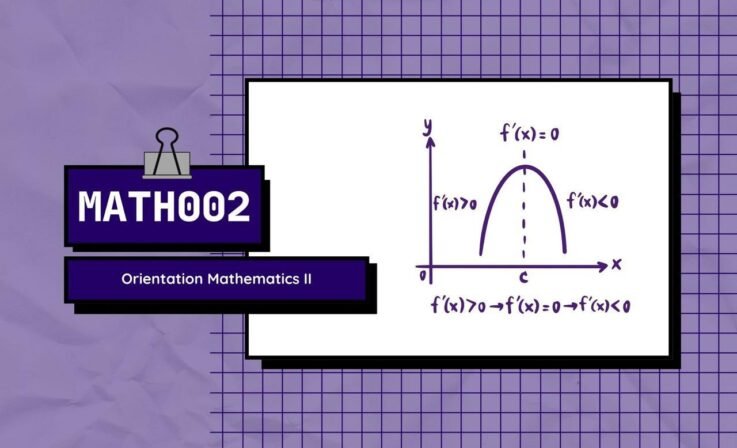
This course explores exponential and logarithmic functions, trigonometry, m
اشترك الآن
SAR329
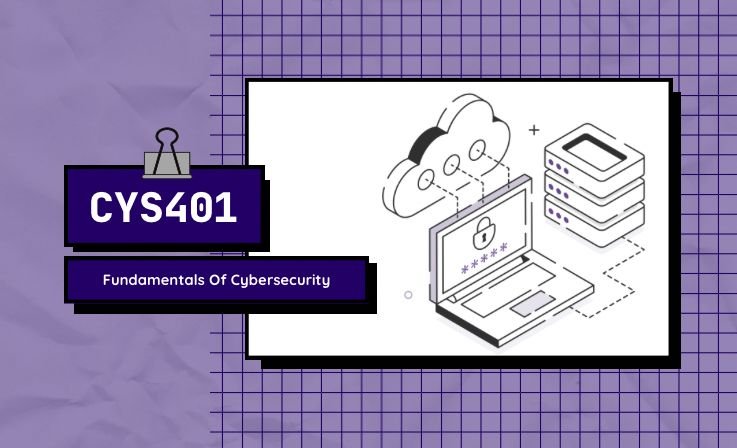
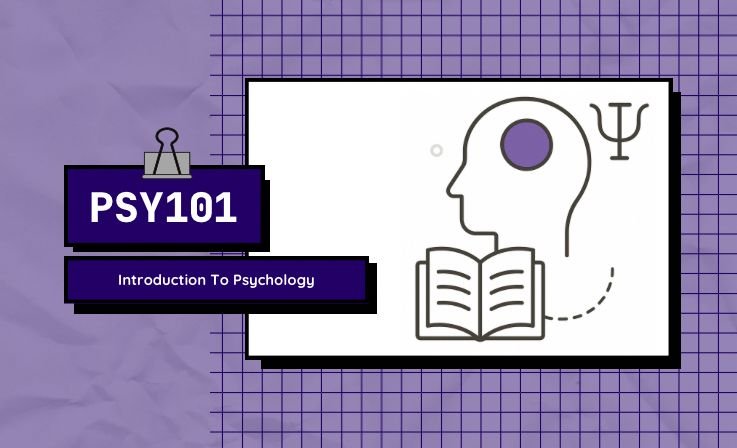
This course introduces the main fields of psychology, including development
اشترك الآن